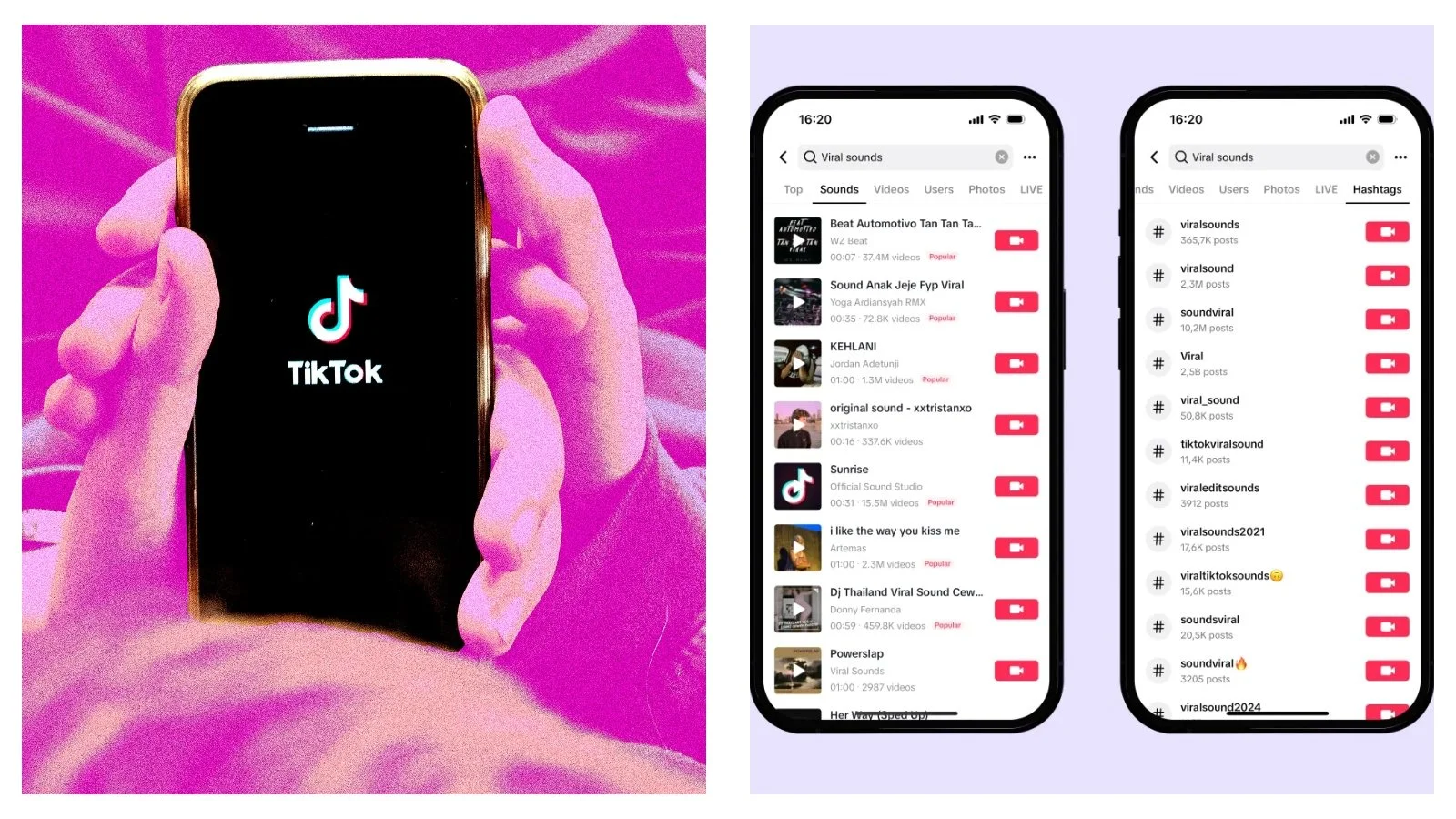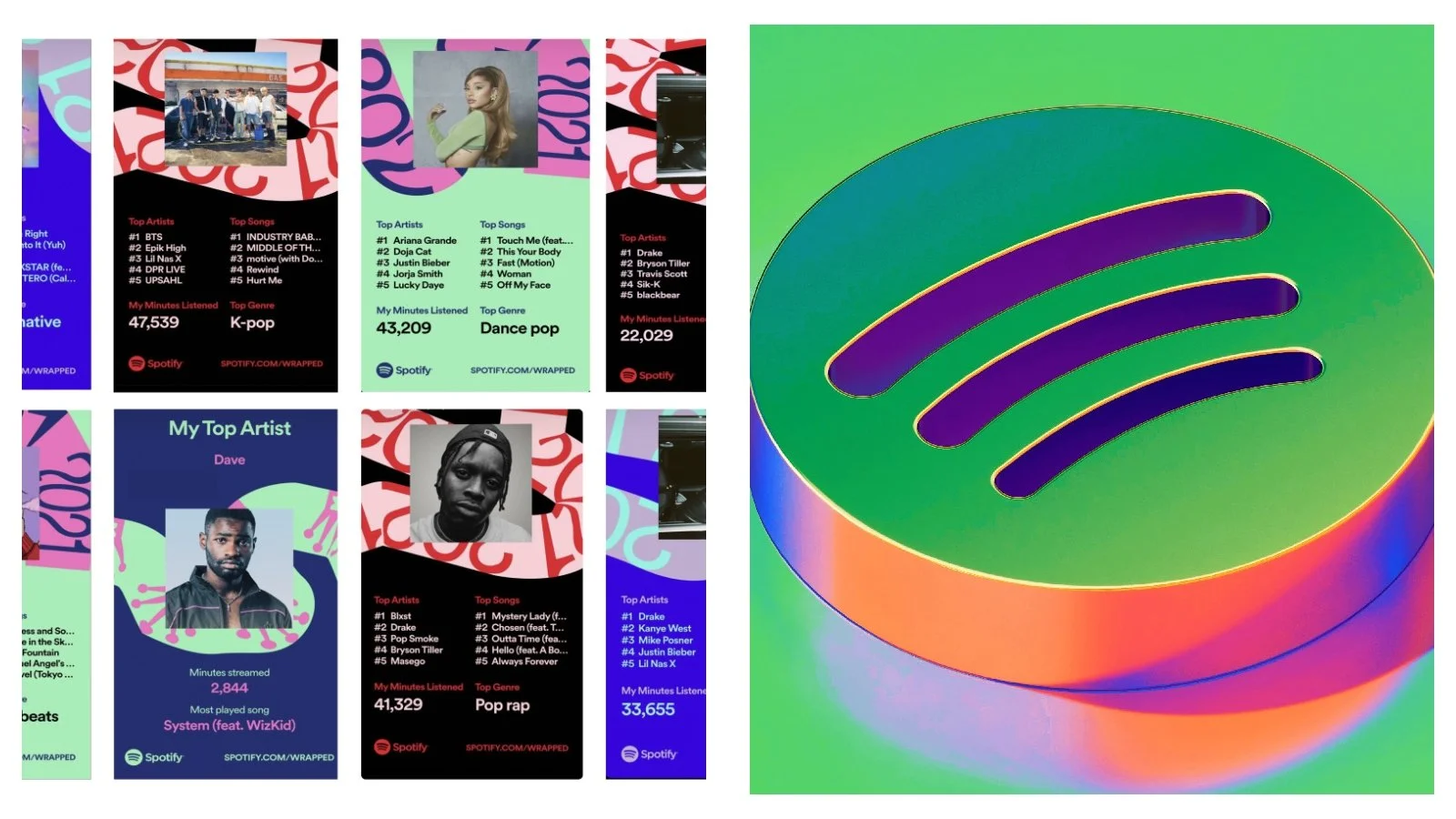The meme-ification of music: When songs become jokes, they become hits
Music News Blitz writer Lindokuhle Mlombo looks at how internet humour, TikTok edits, and viral challenges are rewriting the rules of music discovery.
In this age of TikTok, a song does not need a radio plug, a glossy music video or even a traditional rollout to become a hit.
Sometimes all it takes is a joke. A sped-up clip, a goofy dance challenge or a remix that sounds like it was cooked up in 10 minutes can suddenly turn a forgotten track into a global anthem.
This is the strange but undeniable reality of the meme-ification of music: where songs blow up not because of their sonic brilliance alone but because they become internet jokes first.
From joke to chart topper
The relationship between music and memes is not new. Back in 2013, Baauer’s “Harlem Shake” dominated YouTube not because of its production quality but because of a meme that saw office workers, sports teams and even news anchors thrashing around in absurd costumes after 15 seconds of build-up.
A few years later, Lil Nas X’s “Old Town Road” spread like wildfire on TikTok, powered by cowboy hats and yeehaw memes.
What started as a joke about mixing country and rap eventually broke the Billboard Hot 100 record for the longest time at number one.
These examples proved that memes are not just viral distractions; they can launch careers.
Today, entire genres thrive on this crossover between internet humour and music. Think of Ice Spice’s quotable one-liners that instantly become TikTok soundbites or the countless sped-up versions of songs that rack up more streams than the originals.
What once seemed like a simple internet joke has now become a strategy.
READ MORE: One of British music’s revolutionaries are back - Radiohead return after an eight-year absence
The meme economy of music
To understand why memes have become so central to music, you must look at how social platforms reward content.
TikTok, Instagram Reels and Twitter/X thrive on repeatability, as the more people reuse a sound, the more it spreads. Songs with short, punchy hooks or quirky beats are prime meme material.
They are easy to remix, easy to dance to and easy to parody.
Some artists lean into this intentionally. Yung Lean’s early vaporwave-infused rap became an online cult precisely because of its absurdist aesthetic.
More recently, tracks like Banana (feat. Shaggy) or even joke amapiano edits gain traction because they are funny, shareable and remixable.
Record labels have taken notice with marketing teams seeding tracks with influencers who specialise in creating viral content.
The industry now understands that a 15-second clip can be more valuable than a million-dollar PR campaign.
The double-edged sword for artists
However, meme virality is a gamble.
On one hand, artists gain unprecedented exposure. A little-known bedroom producer can wake up to millions of streams overnight because someone used their track in a funny cat video.
On the other hand, sustainability becomes a problem. Listeners may know the meme but not the artist.
Many meme hits fade as quickly as they rise, leaving musicians struggling to convert viral fame into long-term careers.
Take Rebecca Black’s Friday. The track was used in different kinds of memes worldwide in 2011, yet its meme-status made it unforgettable.
A decade later, she is still making music, but the shadow of that viral moment lingers. Similarly, some amapiano DJs in South Africa have expressed frustration that their most-streamed tracks are comedic remixes rather than their carefully produced sets.
Being labelled a meme artist can limit credibility, even as it boosts visibility.
YOU MAY ALSO LIKE: Spotify Wrapped anxiety: How listening stats became social currency
Cultural and critical implications
For critics and cultural commentators, meme-ified music raises big questions.
Does virality cheapen artistry, or does it democratise music by letting anyone, anywhere have a hit if the internet decides so?
Traditional critics often dismiss meme songs as shallow, but Gen Z listeners see them differently.
For many, meme music captures the humour, chaos and creativity of digital life as it is like a snapshot of internet culture frozen in sound.
There is also a deeper cultural angle. Meme-songs often become soundtracks to shared global experiences.
“Old Town Road” was not just a hit, but it was a cultural event that brought together country fans, hip-hop heads and meme lovers.
Similarly, South Africa’s viral TikTok songs double as cultural exports, spreading local slang, dances and rhythms across borders.
Meme-music may start as a joke, but it often ends as a marker of collective memory.
So, what does the future hold?
As algorithms continue to dominate music discovery, the meme-ification of music is not slowing down. Platforms are now designed for moments, not albums, as well as hooks, not verses.
We are living in an era where a 10-second snippet can matter more than an artist’s entire discography.
This does not mean artistry is dead, but it does mean the pathways to recognition are changing.
Perhaps the real question is not whether meme music is good or bad but whether it matters.
When a song becomes a meme, it captures something bigger than just a sound. It reflects humour, identity and the digital pulse of a generation.
In that sense, meme-songs may be the most honest representation of how music lives today.
Messy, funny and impossible to predict.
READ NEXT: The bedroom producer era: How Gen Z is redefining the music industry from home studios




